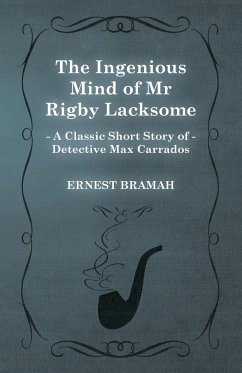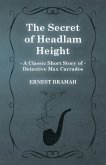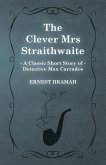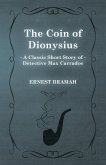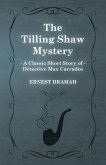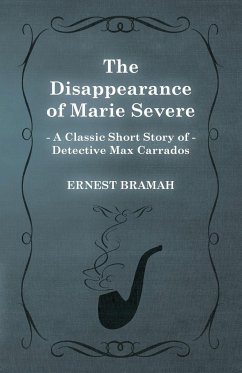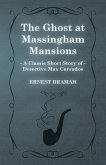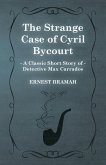This early work by Ernest Bramah was originally published in 1927 and we are now republishing it with a brand new introduction. 'The Ingenious Mind of Mr Rigby Lacksome' is a classic case for blind super sleuth Max Carrados. Ernest Bramah Smith was born was near Manchester in 1868. He was a poor student, and dropped out of the Manchester Grammar School when sixteen years old to go into the farming business. Bramah found commercial and critical success with his first novel, The Wallet of Kai Lung, but it was his later stories of detective Max Carrados that assured him lasting fame.

